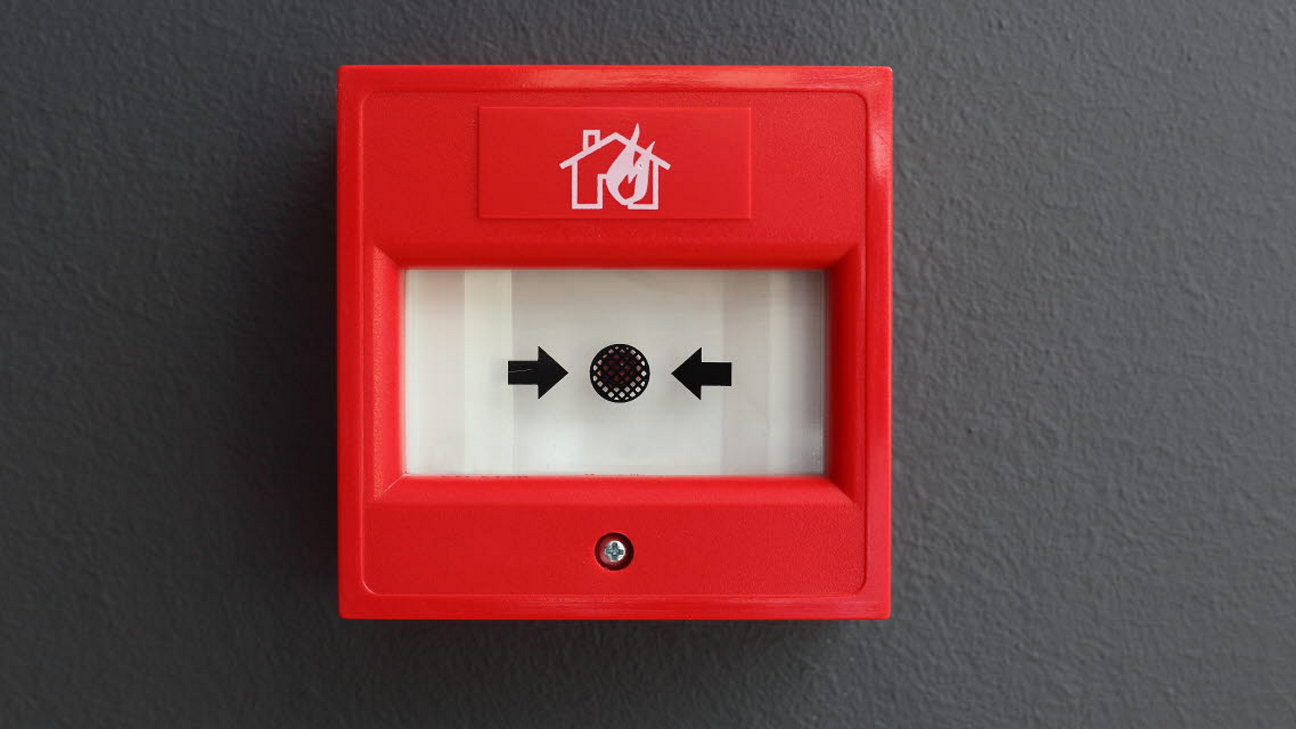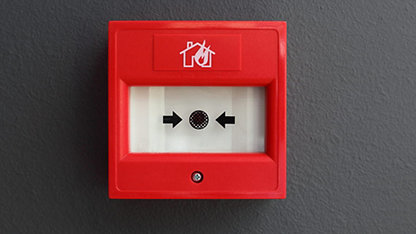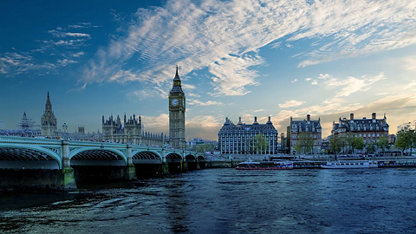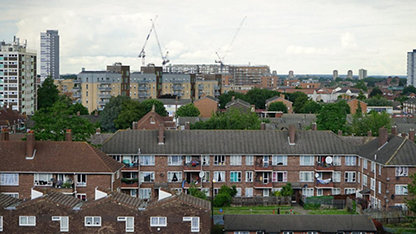RICS today welcomes the publication of the amended Building Safety Bill for England, and proposals to strengthen fire & building safety in all regulated buildings. Today’s Government proposals alongside the publication of the Fire Safety Act earlier this year, should ensure that this country never allows a tragedy like Grenfell to occur again. RICS hopes that these new measures, described as a once in a generation change, will be implemented at pace.
The introduction of a new Building Safety Regulator, and the heavy emphasis on a general duty on everyone as well as competence through the Committee is a step change. The Bill will bring a wider range of construction projects within the new regulatory function, including products regulation, giving Government increased powers. RICS has worked with the Future of Building Control group to make firm recommendations on the regulatory system going forward, and we urge consistency across the devolved nations of the UK; fires and building safety know no geographical or political boundaries.
We do however have concerns, whilst there is an understandable focus by Government on high risk buildings, the bill may create a 2-tier system of regulation especially when low rise buildings can create risk depending on the nature of occupancy.
Moving to the construction of buildings going forward, we are pleased that the relevant competence of all those involved in design, construction and management of buildings will be a focus for Government through this Bill, and that this will also come under the new regulatory system, including a complaints redress through the new homes ombudsman. The very fabric of our society relies on safe buildings, and those involved should be appropriately qualified.
The new proposal for the role of Building Safety Manager taken together with an Accountable Person responsible for the overall safety of a building will also add to safety and see consistency in standards going forward. RICS consistently pushed for this in the work groups that led to the Dame Judith Hackitt final report ‘Building a Safer Future’. However PII, training and recruitment support need to be something on Governments to do list, as at the current time industry does not have qualified individuals with PII to fill these roles, and this will fail without Government support.
The Safety Case of information as a single repository of information about a building, and the three new ‘Gateways’ will ensure that developers proposals and construction for high risk buildings are soon given the extra detailed scrutiny and sign off which has been often overlooked in the past. All those stakeholders involved in the building, will have digital access to the building information they need, including the construction products, which is a necessity.
Industry has stepped up voluntarily in many ways post-Grenfell, however, all those involved in designing, constructing and managing buildings must adhere to the fundamental principles of building safety competency, ethics, and wanting to do the right thing in the public interest and not view costs as the main driver.
While industry has much to do, residents’ voices are also key to delivering safe buildings, and we believe that Dame Judith Hackitt was right to recommend an enhancement in this area. Persons living in buildings will know quickly if something is wrong, and it is correct to arm them with the new powers within the Building Safety Bill, including holding building owners to account.
The Bill includes a new ‘building safety charge’ to give leaseholders greater transparency around costs incurred in maintaining a safe building – with numerous powers deliberately included to limit the costs that can be re-charged to leaseholders. We remain concerned however about the additional costs of the bureaucracy which will get passed on to leaseholders.
RICS look forward to working with Government and industry, as Parliament looks to shape the Bill over the remainder of 2021 and into 2022. It’s important that industry and Government work collaboratively on their various component parts to ensure safety remains a top priority.
- This is an update to a statement published on 20 July 2020
We are RICS
Everything we do is designed to effect positive change in the built and natural environments.
Through our respected global standards, leading professional progression and our trusted data and insight, we promote and enforce the highest professional standards in the development and management of land, real estate, construction and infrastructure.
Our work with others provides a foundation for confident markets, pioneers better places to live and work and is a force for positive social impact.
Our Press Contacts
Members of our press team are on hand to help you with journalist queries
About the author

Gary Strong FRICS
Global Building Standards Director, RICS
Gary leads the Global Building Standards department of Professional Groups. As a Chartered Building Surveyor, Arbitrator, Chartered Loss Adjuster and Chartered Building Engineer, he has over 38 years experience in residential, commercial and industrial property matters.
















